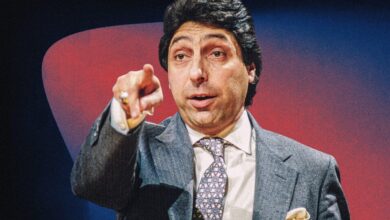SPEAK UP AND SUCCEED DAY – January 27, 2026

History of Speak Up and Succeed Day
The ancient Greeks valued public discourse as an act of political participation. Aristotle (384 B.C. to 322 B.C.) is known to be one of the most significant proponents of rhetoric, i.e., the classical style of public speaking using the art of persuasion. The Classical Period educated citizens on public speaking from the early teachers known as Sophists. Sophists were self-appointed professors who imparted knowledge about how to succeed in the civic life of Greece.
In 106 B.C., Cicero, a Roman, became one of the most influential figures in public speaking of all time. He published many books which concentrated on the art of public speaking, and he created the five canons of rhetoric, a five-step process for developing a persuasive speech that we still use to teach public speaking today. The Enlightenment Period that started in 1600 A.D. revived the classical public speaking tradition. The classical rhetoric style evolved into the elocutionary approach, which focused on delivery and style by watching the speaker’s bodily actions such as gestures, vocal tone, facial expressions, and pronunciation.
From the 20th century onwards, public speaking became an essential skill included as a learning objective in school curriculums. Several competitions allowed students to participate and test their speaking skills. Different forms of public speaking like the Extempore, Just a Minute, Elocution, etc. came into the picture. Universities also established departments that taught communication and offered various public speaking exercises as soft skill courses to help students advance in their professional careers.




